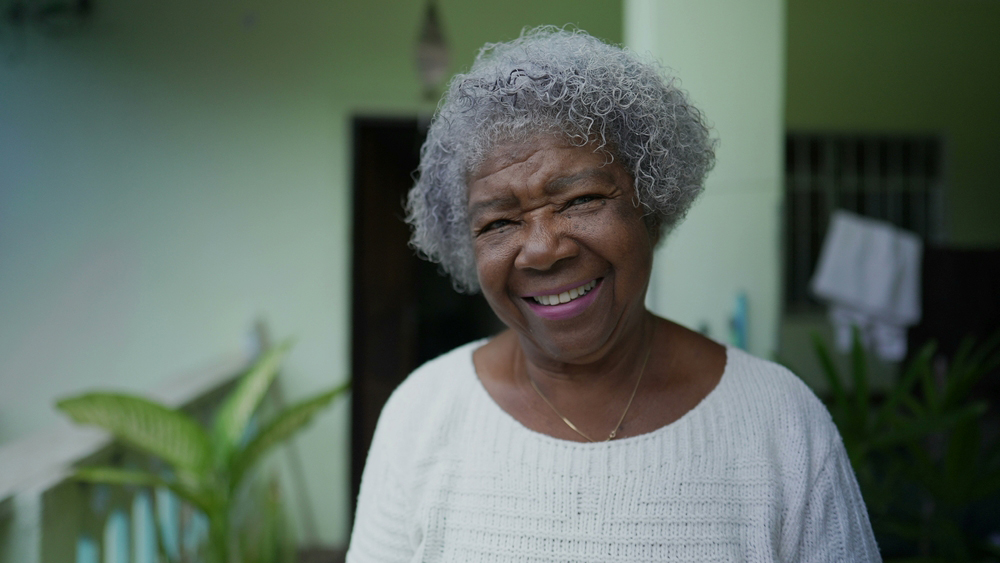Everyone experiences occasional memory lapses like walking into a room and forgetting why they went in there. However, as your parents age, you may notice they seem more absent-minded than usual. Perhaps they start describing a movie they recently watched, but can’t recall the title. Or maybe they keep referring to a friend or neighbor by the wrong name.
Age-related memory loss can be alarming, but it doesn’t always indicate an illness like dementia or Alzheimer’s. That’s why it’s vital to know the difference between typical age-related forgetfulness and the symptoms that may indicate a developing cognitive problem.
Memory Loss and the Brain
Some brain changes are expected with age. For example, it may take older adults longer to learn and recall information due to slowed mental processes. Still, new brain cells can develop at any age, so significant memory loss is not an inevitable result of aging.
Lifestyle, habits, and daily activities play a significant role in preserving brain health. Thanks to a scientific principle called neuroplasticity, there are many ways older people can improve cognitive skills and prevent memory loss.
What Causes Age-Related Memory Loss?
The hippocampus, a brain region involved in forming and retrieving memories, often deteriorates with age. Meanwhile, hormones and proteins that protect and repair brain cells and stimulate neural growth also decline. Additionally, older people may experience less blood flow to the brain, which can impair memory and lead to changes in cognitive skills.
Memory lapses like misplacing reading glasses or forgetting the details of a recent conversation may not be cause for alarm if they do not interfere with your loved one’s daily abilities to perform tasks like household chores or prevent them from doing their favorite hobbies and activities. However, if an older adult’s memory loss is severe and persistent enough to cause a noticeable, disabling decline in intellectual abilities such as judgment and abstract thinking, it could be a warning sign of dementia or Alzheimer’s disease.
Specialized Homecare for Dementia and Alzheimer’s
Of course, you want the best for your loved one who is dealing with progressive, disabling memory loss. However, you may lack the time and expertise necessary to shoulder the full responsibility of caring for an older parent living with dementia or Alzheimer’s. In that case, consider the advantages of hiring an experienced caregiver to provide companionship and daily support.
At Legacy Homecare LA, we offer specialized care plans that allow older adults to enjoy more independence and a better quality of life. Our highly trained Care Companions can assist your loved one through every stage of Alzheimer’s or dementia, ensuring the consistency and familiarity that are so essential in managing these conditions.
We offer in-home care services for families throughout the metropolitan Los Angeles area, including Beverly Hills, Encino, Malibu, and Santa Monica. To learn more about how we can help you and your loved one manage a diagnosis of Alzheimer’s or dementia, schedule a consultation with us today.






